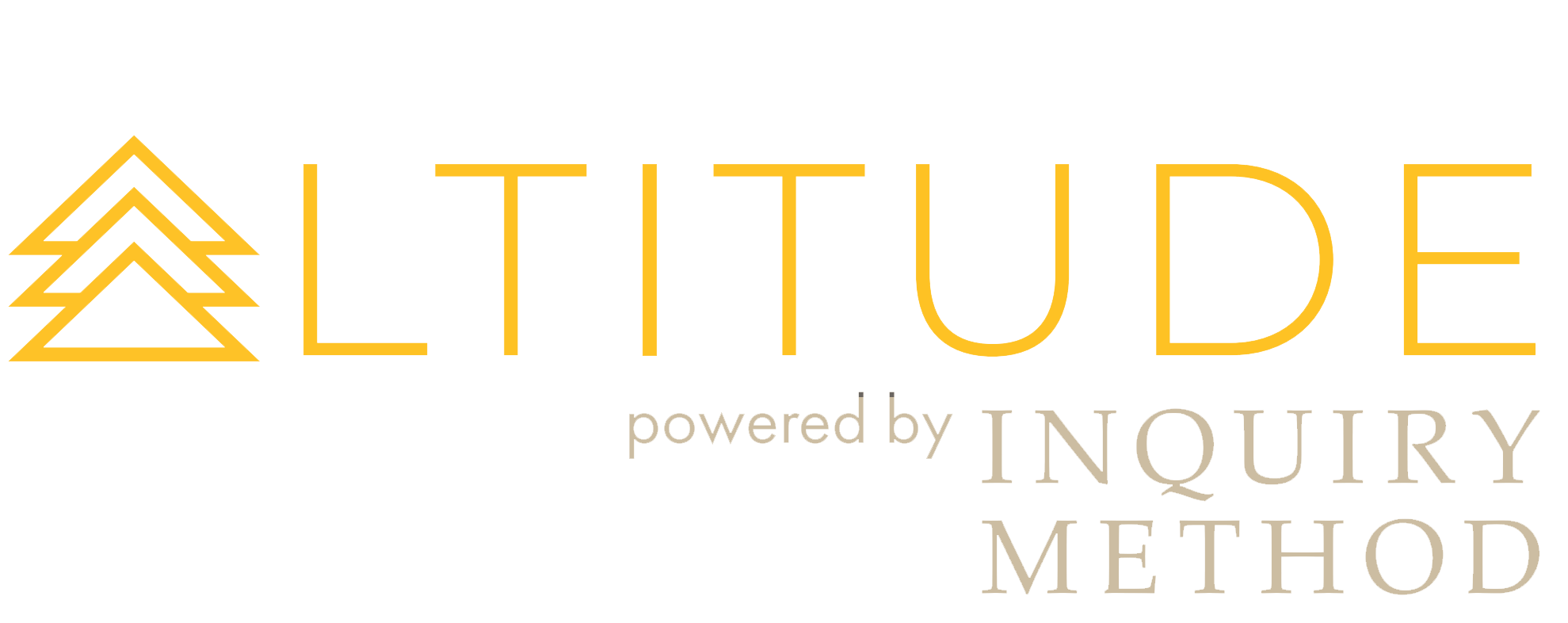Intimacy
Something we all want is intimacy, the feeling of closeness with other human beings.Intimacy requires us to be intimate. Intimate implies sharing our authentic selves, not just the part we advertise to the world.For most of us to share our authentic selves, we have to feel safe.To share our authentic selves, we must become vulnerable. Vulnerability is a state where we have nothing to defend, and we open who we are—our personal experience, our challenges, our feelings, our gifts, and our values—to another person.It takes courage to become vulnerable, and many of us take the chance from time to time.The real lack in our culture is in knowing how to respond to intimacy and how to receive someone else’s vulnerability.So few of us know how to respond when someone becomes vulnerable around us. We may or may not honor the courage. We may or may not understand. However, we rarely know what to do; we don’t have models for it.If someone shares their gifts, we may try to show how we are the same or have done something similar, or that we already knew that.If someone shares his or her struggle, our first reaction may be to try to fix it or deny that there is a problem or try to change the person’s mind.When someone has had the courage to share their vulnerability, to trust you with intimacy, what they want is to feel heard and seen.We do this through curiosity, wonder, and interest in their experience. “What is that like for you?” “When do you feel that?” “What do you need or want?” “How long have you felt that way?” “What else do you know about that?” “How did you learn that?”I wish we were all trained in how to respond to intimacy, to vulnerability. I suspect there would be a lot more of it.That is the real intent of the Inquiry Method, to learn to skillfully relate to another person’s intimacy or to skillfully share ours.
